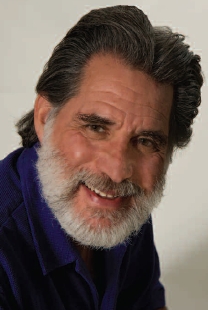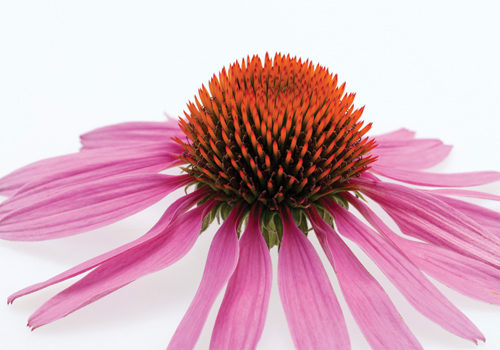The American Botanical Council (ABC) is celebrating its 25th year as a leading non-profit educational and research organization in the medicinal herb field. Its mission from the beginning has been rooted in education and helping the public, educators, health practitioners, researchers and the media develop informed opinions about herbal medicine while providing science-based data to back up their claims.
Since 1988, when ABC was merely a seed waiting to be watered, acceptance for herbs has grown and become a real force in the world of medicine, with ABC playing no small part in this inclusion.
 Growing Roots
Growing Roots
In the 1970s, ABC’s founder and executive director Mark Blumenthal started out on the merchant side of the herb industry, selling bulk herbs and products with his business, Sweethardt Herbs. Here, he interacted with the public and learned that most people were not well informed about herbs, a disappointment Blumenthal took to heart. To combat the public’s lack of knowledge on the benefits of herbs, Blumenthal helped found the Herb Trade Association, and started HerbNews, an industry newsletter that, after greater public demand, grew into the publication now known as HerbalGram, which compiles well-researched scientific data on herbs, and relies on a stringent peer-review process to ensure the validity of its data.
What started out as a simple, black and white newsletter-style publication has evolved into a thick monthly magazine with beautiful photography unmatched by anyone else in the industry. But HerbalGram turned out to be just the beginning. In 1988, Blumenthal incorporated the American Botanical Council as a non-profit educational and research organization to give his publication a platform to help spread the knowledge of medicinal herbs even further.
“I wanted HerbalGram to go to the next level,” says Blumenthal. “So, I started ABC to take HerbalGram there.”
With the new Council, education became a huge and important focus. Before long, Blumenthal began cutting out stories and articles about herbs from academic and professional sources, then photocopied and mailed them out to industry professionals who he felt would benefit from and enjoy reading the information.
“It started out as a window to my desk,” he says. Soon, as the price of copier ink and stamps caught up to him, Blumenthal wondered if he could turn his hobby into a paid service and asked his readers if they would be interested. The response was overwhelmingly positive, and in 1992, HerbClip launched, earning $58k in revenue its first year. More than 20 years later, over 5,000 clips have been published and countless people reached with its switch to an e-mailed delivery format.

|
|
| Mark Blumenthal, Founder and Executive Director of the American Botanical Council |
More Than Just A Sprout
Since its inception, ABC has continuously launched new education programs, like the Media Education Program that aims to supply information to the media that is well-researched and peer-reviewed; events, like HerbDay; lectures and publishing projects like The ABC Guide to Herbs, periodicals, newsletters and books. One of ABC’s greatest achievements, says Blumenthal, was the complete translation from German into English and publication in 1998 of The Complete German Commission E Monographs.
“It is considered to be a major work,” says Blumenthal. The 715-page book was ranked as the #2 medical book by Doody Publishing, a renowned medical book reviewer, in 1998, making it the first alternative medicine book to qualify for the award. Two years later, ABC followed up with Herbal Medicine: Expanded Commission E Monographs. These books helped push herbal medicine into the public eye and provided even more assurance that herbs could become an accepted mainstream form of healthcare.
Almost at Full Bloom
Since 1988, ABC has made it its mission to educate the world on the benefits of medicinal herbs, and Blumenthal is happy to see his hard work and dedication to the subject has made a difference.
“I am gratified by the current acceptance of herbs,” he says. “ABC is an agent of this change.” He knows there’s more work to be done, however, and hopes in the future to concentrate on education about intentional adulteration and extraction methods for herbs.
The road to complete acceptance is long and oftentimes leads to dead ends, but for 25 years, ABC has navigated the obstacles and continued developing new educational outlets to spread scientifically sound information. Although happy with how herbs are currently perceived, there’s no stopping Blumenthal and ABC until their message is heard and accepted by everyone. Here’s to 25 more years and congratulations! WF
Published in WholeFoods Magazine, October 2013










